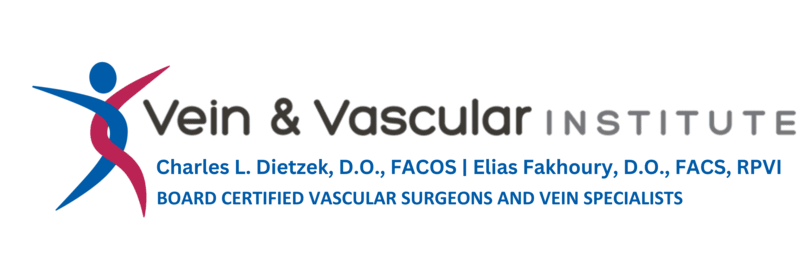Healthy veins are essential for a healthy body. Veins are part of the circulatory system, in which blood vessels transport blood from the heart to the far reaches of the body and back again. Vein problems, such as varicose veins, spider veins, and other circulatory problems, can interfere with vein health. Fortunately, you can take action to keep your veins healthy. Vein treatment, such as vein surgery, can help.
Varicose veins and other vein problems are often the results of poor circulation that allows blood to flow backward between heartbeats. Blood pools in the veins of the lower legs; accumulated blood presses against the walls of the vein, which respond to the pressure by swelling and enlarging. The diseased vein bloats and appears as a varicose vein at the surface of the skin.
Table of Contents
ToggleWhat to Do – and Avoid Doing – for Optimal Vein Health
Exercise regularly
Muscle contractions in your legs promote good circulation there. These contractions also help keep leg veinstone and strong.
Avoid crossing your legs
Crossing your legs prevents your blood from circulating properly through your veins. Crossing your legs also causes pressure on the veins there, increasing the risk that the veins will respond by swelling and enlarging.
Take frequent walks
Even a stroll around the office helps, especially for those who work desk jobs.
Cut back on salt
Eating salty foods increases the sodium level in your body and this can cause you to retain water, which causes pressure to the veins in your legs.
Wear compression stockings
Compression stockings are a type of very snug hosiery that squeezes blood up and out of your lower legs to prevent the blood from pooling there.
Avoid overeating
Eating too much can cause weight gain. Carrying around excess weight puts additional pressure on your veins, which leads to varicose veins and another vein disease.
Put your feet up
Elevate your legs so that your feet are above the level of your heart. Keep your feet elevated for at least 10 to 15 minutes each day. Putting your legs up helps blood drain from your feet back towards your heart and this relieves the pressure inside your veins.
Avoid standing for long periods
Standing in one position for a long time makes it hard for blood to move upwards towards your heart, against gravity.
Seek vein treatment for vein problems as needed
Achieving and maintaining vein health sometimes requires vein treatment to address varicose veins, spider veins, and other vein problems. Vein surgery, such as sclerotherapy, Endovenous Laser Therapy (EVLT), microphlebectomy, Clarivein®, ClosureFast, VenaSeal™, Veinwave™, polidocanol injectable foam, and laser ablation of spider veins are safe, effective treatments for vein problems.
For more information on vein treatment, or to learn more about avoiding vein problems, consult with a vein doctor.
